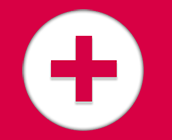You can launch your healthcare career without spending multiple years in school. At Cambridge, we offer a wide variety of training and certification options for aspiring healthcare professionals. Each pathway will provide you with all the building blocks you need to build a meaningful career in healthcare.
Healthcare Careers
Each healthcare career pathway at Cambridge prepares you to support medical staff and patient care. Many of these careers involve working in healthcare facilities with patients and staff directly, such as nursing, occupational therapy assistance and diagnostic medical sonography.
Other healthcare careers can be done remotely or in an office setting, such as medical billing and coding or healthcare information technology.
Some of the healthcare careers you can pursue through Cambridge include:
- Diagnostic Medical Sonographer
- Health Information Technologist
- Health Information Manager
- Medical Assistant
- Medical Biller and Coder
- Medical Laboratory Technician
- Nurse
- Nursing Assistant
- Occupational Therapy Assistant
- Patient Care Technician
- Phlebotomy Technician
- Radiologic Technologist
- Radiation Therapist
Healthcare Career Profiles

Certified Nursing Assistant
Certified Nursing Assistants, or CNAs, provide direct care to patients in hospitals, nursing homes and home care. As a vital part of a larger care team, Certified Nursing Assistants help patients with a wide range of basic needs, including eating, bathing, grooming, mobility and more…
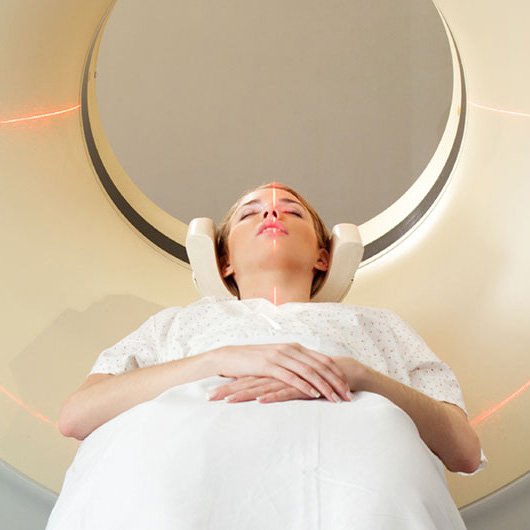
Computed Tomography
Computed Tomography professionals use specialized equipment known as computerized tomography (CT) scanners to capture cross-section images of a patient’s organs or tissues. Scans captured by Computed Tomography professionals are used by physicians and care teams to diagnose and treat patient medical issues…
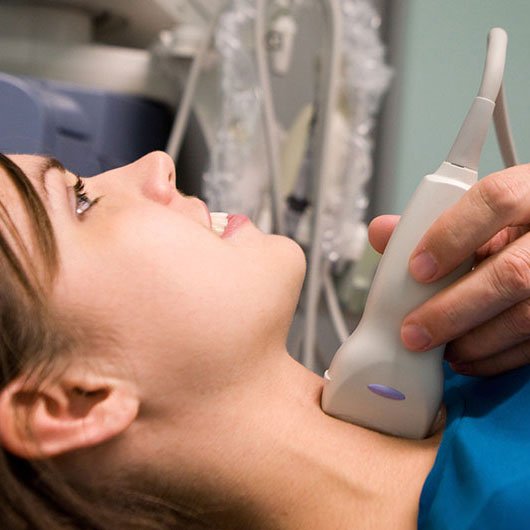
Diagnostic Medical Sonographer
A Diagnostic Medical Sonographer or Ultrasound Technologist is a medical professional who uses specialized equipment to create images (sonograms) of structures inside the human body to provide physicians with images to assist in medical diagnosis. Most sonographers work in hospitals while the remaining work in doctor’s offices, diagnostic facilities…

Health Information Management
Healthcare organizations are responsible for improving outcomes through patient information gathering and analysis. To do so, they must hire health information management (HIM) professionals with experience.
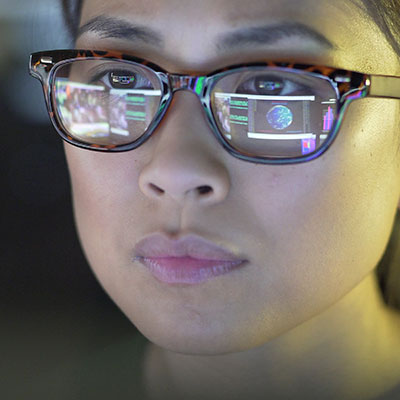
Health Information Technology
To enter the field as a health information technologist, you’ll need to know how to analyze patient information and data and accurately enter it into records and systems. Our Associate in Health Information Technology program teaches you how to record medical information, bill and code, protect critical data and more.
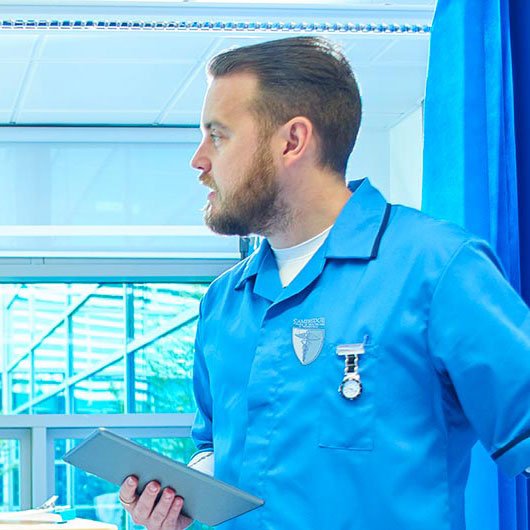
Licensed Practical Nurse
Licensed Practical Nurses provide basic nursing care and work under the direction of registered nurses and doctors. They work in nursing homes, extended care facilities, hospitals, physicians’ offices and in private homes under the supervision of physicians or registered nurses. LPNs help patients with daily activities such as bathing, dressing, eating and toileting. They dress wounds, install catheters, monitor equipment, check vital signs, deliver medications…

Medical Assistant
Medical Assistants (MA) are an important member of a patient-centered team consisting of physicians, nurses and other health professionals. Nearly 85 percent of MAs work in a physician’s office performing a mix of administrative and clinical tasks. MAs also work in hospitals, home care and hospice care. Their administrative responsibilities include patient reception and admission, scheduling, answering phones…
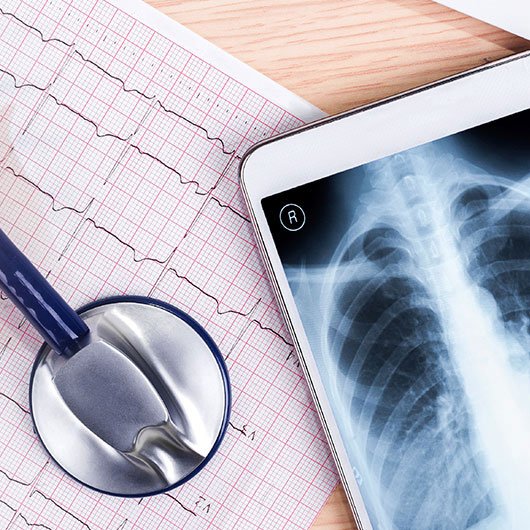
Medical Billing and Coding Specialist
Medical Billing and Coding specialist are an important member of a patient-centered team consisting of physicians, nurses and other health professionals. Under the direct supervision of physicians or medical administrators, medical record administrators, health information technicians, they are generally responsible for the following duties: Microsoft Office software…
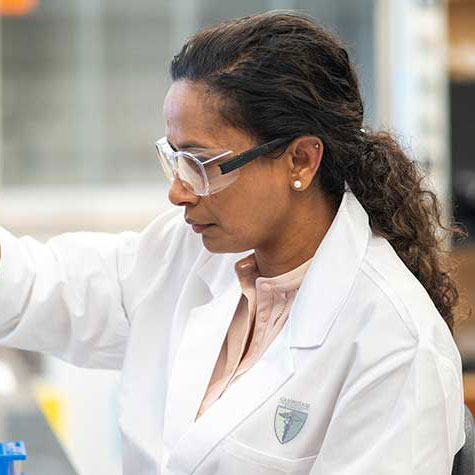
Medical Laboratory Technician
Medical laboratory technicians are a critical part of a patient’s healthcare team. Responsible for performing diagnostic tests on bodily fluid and tissue samples, medical lab technicians help medical professionals diagnose various health conditions. As a medical lab technician, you may have a varying schedule depending on where you choose to work. Most medical lab technicians work during the day with full-time hours. Yet, you may also have the choice to work nights or weekends, depending on your needs.

Patient Care Technician
Patient Care Technician’s support nurses, doctors and other medical staff in caring for patients with physical and mental health concerns. Patient Care Technicians are employed in a wide range of healthcare settings, including hospitals, nursing homes, long-term care facilities, assisted living communities and more…

Pharmacy Technician
The Pharmacy Technician program at Cambridge College of Healthcare & Technology gives students the hands-on training required to work as entry-level pharmacy technicians. This program includes 36 weeks of study as well as clinical rotations at area pharmacies and healthcare facilities.
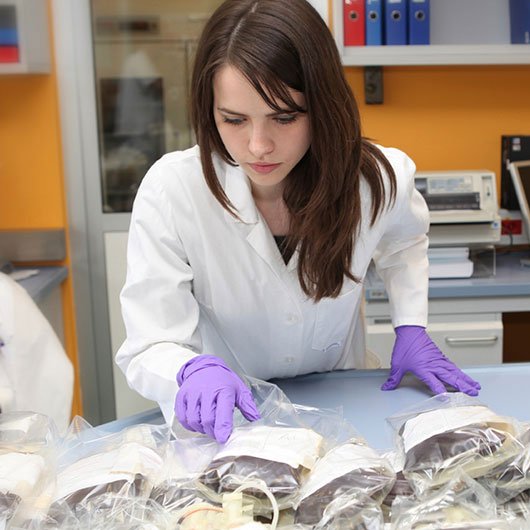
Phlebotomist
Phlebotomist are an important member of a patient-centered team consisting of physician, nurses, and other health professional. They can also work in hospitals, doctor’s offices, blood donor facilities, and medical laboratories. Phlebotomy, also commonly referred to as Venipuncture, deals with the collecting and transportation of venous blood samples…
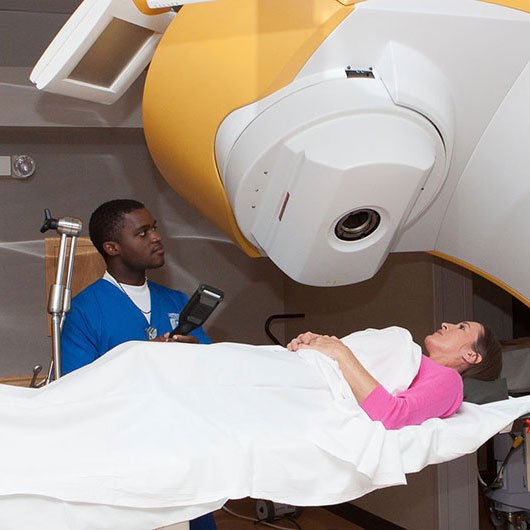
Radiation Therapist
A Radiation Therapist is a medical professional that administer, monitor and document treatments as prescribed by a radiation oncologist. Typically, Radiation Therapists have direct contact with cancer patients. Specific duties include: Preparing therapy rooms, understanding radiation safety measures, monitoring and documenting radiation treatments, positioning patients, applying ionizing radiation, communicating with and comforting patients. Radiation…
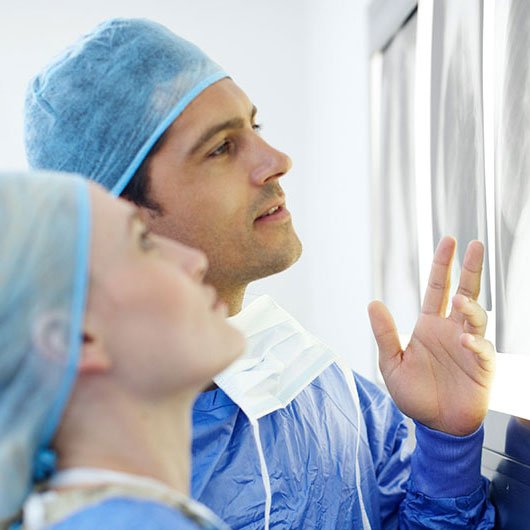
Radiologic Technologist
A Radiologic Technologist or Radiographer is a medical professional who performs diagnostic X-ray examinations to provide physicians with images to assist in the diagnosis of a disease or trauma. More than 50 percent of Radiographers work in hospitals while the remaining work in free-standing diagnostic clinics, physician group practice/clinics and surgery centers. Radiographers can expand their scope of practice and career opportunities…

Registered Nurse
Registered Nurses (RNs) provide and coordinate patient care, educate patients and the public about various health conditions and provide advice and emotional support to patients and their family members. They work with a wide variety of patients, from pediatric to geriatric. They might specialize in fields such as intensive care, cardiac care, or dermatology to name a few. Most of the nation’s 2.7 million nurses work in medical and surgical hospitals…
